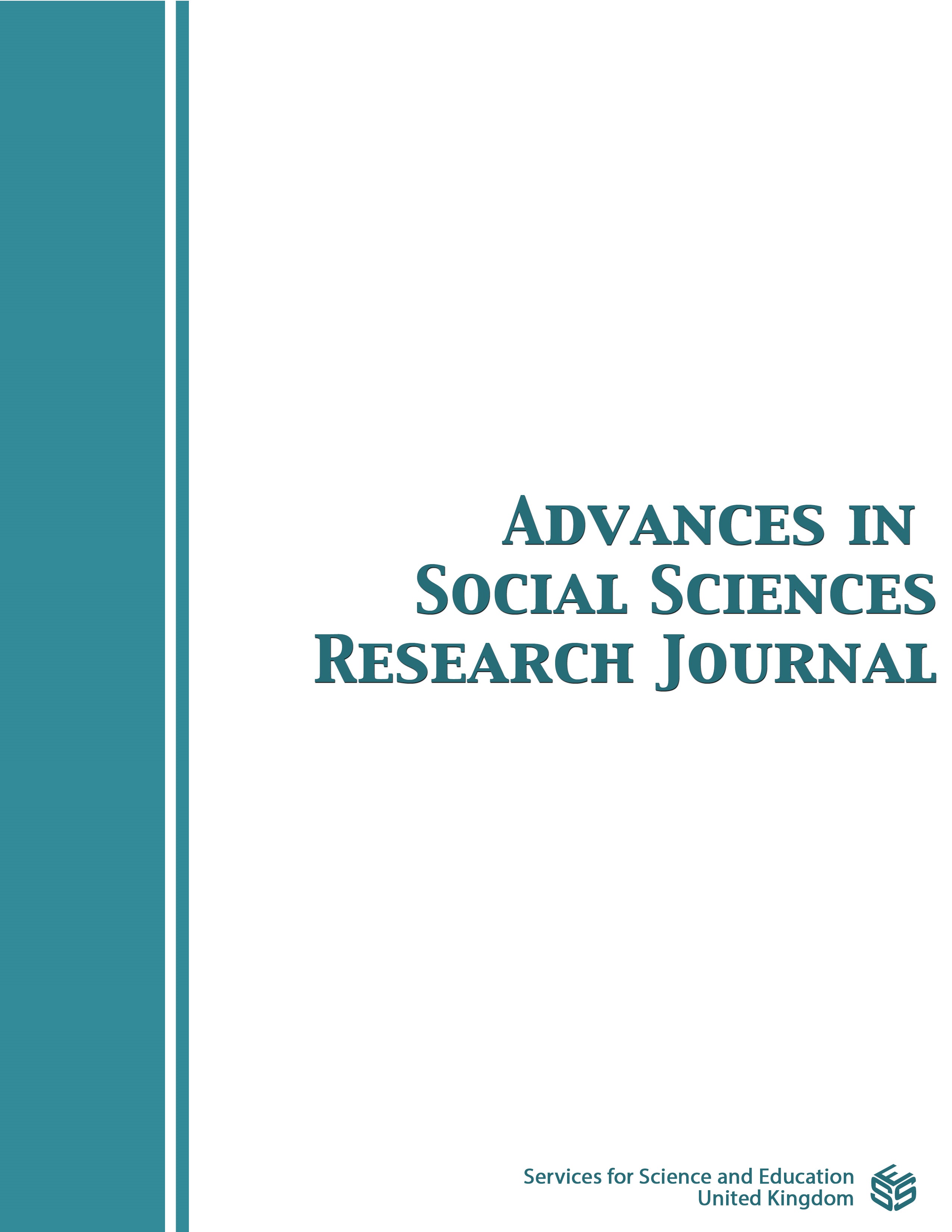A Peep into the History and Experiences of the Cooperative Movement in Zambia
DOI:
https://doi.org/10.14738/assrj.811.11107Keywords:
Experiences, Colonial, Cooperative Movement, liberalization, ZambiaAbstract
This study is a reflection on the history and experiences of cooperative movement in Zambia in three stages (the colonial era, from 1914 to 1963, the post-colonial era from 1964 to 1990 and the cooperative movement in the liberalized economy in Zambia, from 1991 to present). The study used secondary data from various studies. The thrust of this study explored the history and experiences of cooperative movement in Zambia and how the economic and political changes affected the cooperative movement in Zambia. This information is very critical, especially to those who would want to enhance and harness the cooperative movement in Zambia. Emergent from this study is the continued political and econmic influence on cooperatives. Cooperatives were noted to be struggling to cope with the stiff competition, which was due to the liberalization of the economy in the country. The current poor performance by cooperatives was attributed to the failure to swiftly change from the 1964 to 1991 era, where cooperatives were operating as channels for distrusting government resources in a closed economy. Thus, it is recommended among others that, Government should stop the issue of imposing projects on the cooperative communities, business ideas should come from the cooperatives members themselves as a way of entrenching business ownership. In addition, cooperatives societies should start being innovative in order for them to be able stand the stiff competition which is due to the liberalization of the economy.
References
.Simui, F., KasondeNgandu, S., Cheyeka, A. & Kakana, F. (2018). Unearthing dilemmas in thesis titles: Lived experience of a novice researcher in SubSaharan Africa. International Journal of Multidisciplinary Research and Development, 5(4), 99105. https://bit.ly/34qdnzy
.Simui, F., Namangala, B., Tambulukani, G., and Ndhlovu, D. (2018). Demystifying the process of ODL policy development in a dual-mode context: lessons from Zambia. Journal of Distance Education. 2018. Routledge, DOI: 10.1080/01587919.2018.1457946.
.Simui, F., Thompson, L.C., Mwewa, G., Mundende, K., Kakana, F., Chishiba, A.B. & Namangala, B. (2017). Distance learners’ perspective on userfriendly instructional materials at the University of Zambia. Journal of Learning for Development, 4(1), 9098. https://bit.ly/34nNS1L
.Mundende, K., Simui, F., Chishiba, A., Mwewa, G. & Namangala, B. (2016). Trends and prospects of instructional material development and delivery at the University of Zambia. Global Journal of Human-Social Science: Linguistics & Education, 16(3), 511. Retrieved from 303. https://doi.org/10.1111/j.1467-8551.2003.00380.x
.International Labor Organization. (2017), Caribbean Cooperative Management Training Programmes.
.International Cooperative Alliance (ICA). (2007). International Cooperatives Research Conference. Geneva.
.Zamagni, S. and Zamagni. V., (2010) Cooperative Enterprise: facing the challenges of globalization. Edward publishing limited ISBN 978 1 84844 9749.
.International Year of Cooperatives. (2012). Agriculture Cooperative: Paving the way for good security and rural development.
.Nkhoma A.T. (2011). Factors hindering Sustainability of Agricultural cooperatives: Lessons from Malawi. MA. Thesis. University of Massey. New Zealand.
.Lolojih, P. K. (2009). Bearing the Brunt of a Liberalized Economy: A performance review of the cooperative movement in Zambia. Nairobi. ILO.
.Simamba, H, (2018). Barriers towards Enterprising of Cooperatives in Sesheke District. University of Zambia-Zimbabwe Open University.
.Moonga, L. P., and Mgemezulu O. (2006). New Challenges Facing Cooperatives and Cooperative Development in the Eastern Province of Zambia. Lusaka, ZAMSIF/Ministry of Finance and National Planning.
.Ministry of Agriculture and Livestock (MAL) (2015). Provincial Annual Report. Mongu. MAL.
.Yubai (1999). Agricultural Cooperatives and Rural Development: A case study of Mkushi District. Master of Business Administration Thesis. Kitwe. Copper belt University.
.Pinto, C. Armando. (2009). Agriculture Cooperatives and Farmer Organizations: Role in Rural Development and Poverty Reduction.
.Wanyama. O. Fredrick & Develtere. P. & Pollet. I (2008). Encountering the Evidence; Cooperatives and Poverty Reduction in Africa; Working Papers on Social and Cooperative Entrepreneurship. WP.SCE. 08-02.
.Ministry of Agriculture. (2016). Crop forecasting Survey Results for 2016/2017 Agriculture Season
.Republic of Zambia (GRZ) (2007). National Cooperative Development Policy – Final draft, Lusaka, Ministry of Agriculture and Cooperatives
.Verhofstadt, E., Maertens, M., 2014. Smallholder cooperatives and agricultural performance in Rwanda: do organizational differences matter? Agricultural Economics.45, 39-52.
.Walzer N. and C. Merrett (2000), A Cooperative Approach to Local Economic Development, Westport, CT: Greenwood Publishing Group.
.Rafat. A. et. al (2007) Performance management of the agriculture cooperatives: the gap between theory and practice: Oxford University Press
.Reed, D. and J.J. McMurtry (2009), Co-operatives in a Global Economy. The Challenges of Co-operation Across Borders, Newcastle upon Tyne: Cambridge Scholars.
.Williams, R.C. (2007), The Cooperative Movement, Aldershot: Ashgate.
.Ortimann. G.F.& King R. P. (2007) Agriculture Cooperatives. History Theory and Problems; Agriculture Economics Research, Policy and Practice in South Africa, 46:1, 18-46.
Downloads
Published
How to Cite
Issue
Section
License
Copyright (c) 2021 Mukwalikuli Mundia, Sitali Wamundila, Daniel Siakalima, Chewe Nkonde, Francis Simui

This work is licensed under a Creative Commons Attribution 4.0 International License.
Authors wishing to include figures, tables, or text passages that have already been published elsewhere are required to obtain permission from the copyright owner(s) for both the print and online format and to include evidence that such permission has been granted when submitting their papers. Any material received without such evidence will be assumed to originate from the authors.






